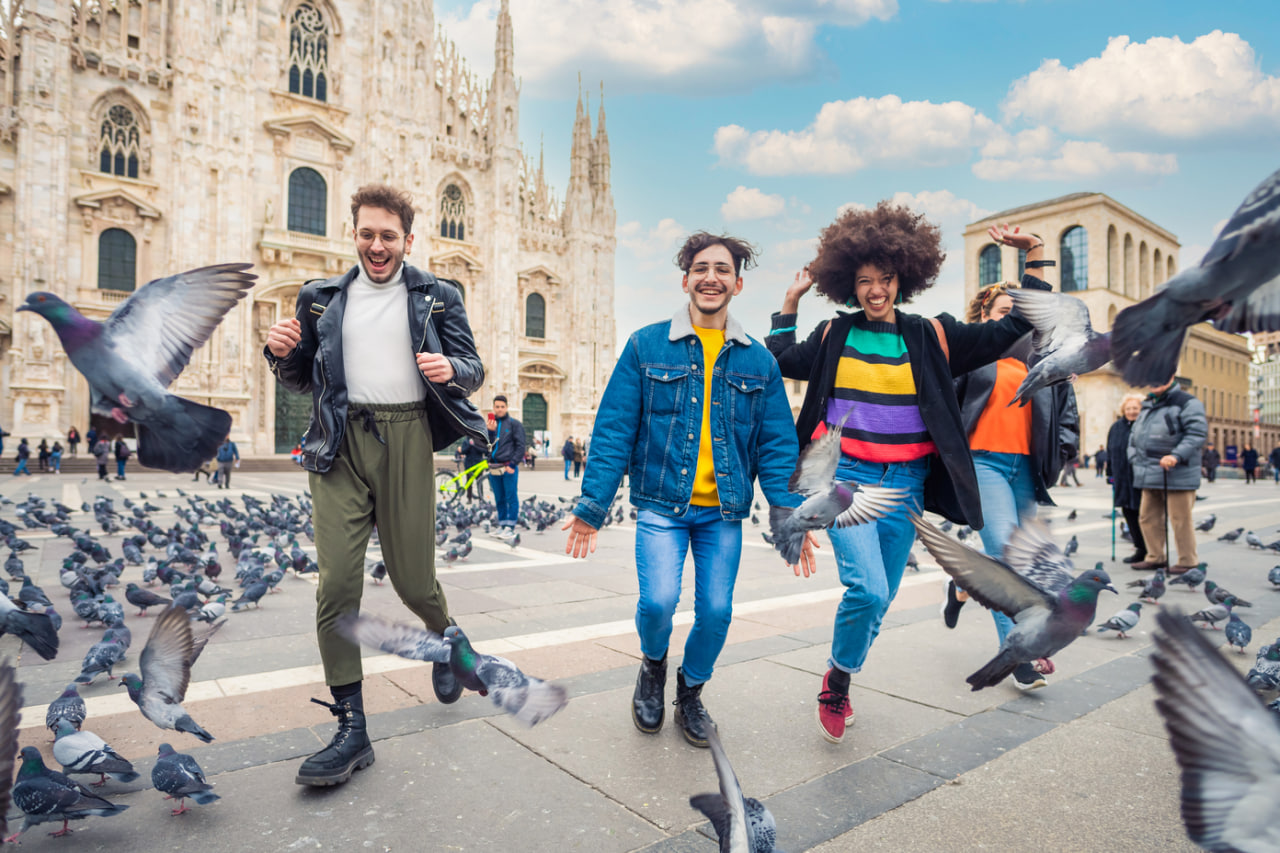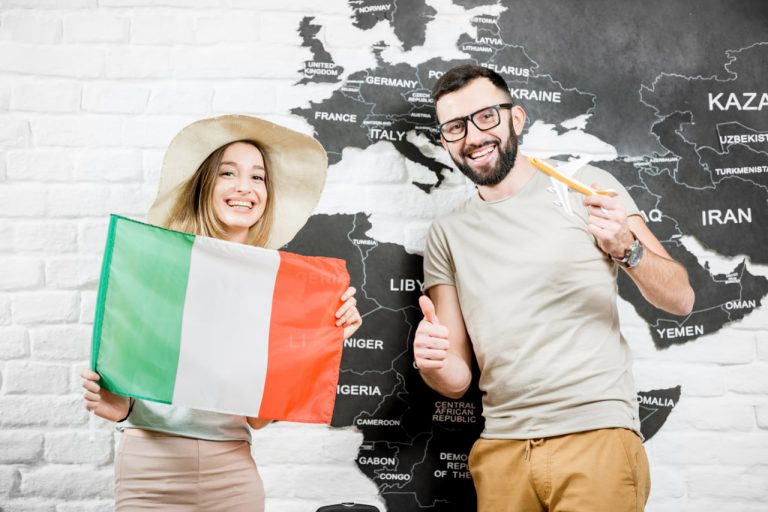Real Stories: How Learning a Little Italian Made My Trip So Much Better
Many travelers worry they don’t have time to learn a new language before a trip, especially if they’re only staying for a week or two. But even learning a little Italian can create surprising moments of connection, ease, and discovery. These are real stories and reflections from travelers who made the effort to learn just the basics—and how that effort changed everything for the better.
A Friendly “Buongiorno” Changed the Mood in Rome
When Emily arrived in Rome, she was excited but exhausted from travel. She walked into a small café near her hotel and instinctively greeted the barista in English. The response was polite but cold. The next morning, she tried again—this time opening with “Buongiorno” and following it with “Un cappuccino, per favore.”
The result? A smile, a cheerful “Subito!” and warm service. From then on, every time she returned to that café, the barista remembered her and made her feel welcome. All it took was a few words to shift the interaction from transactional to personal.
Getting Lost in Venice Led to a Conversation in Italian
Mark was exploring the backstreets of Venice when he realized he had no idea where he was. His phone had no signal, and the alleyways all looked the same. He approached an elderly man sitting by his doorway and said, “Scusi, dov’è Piazza San Marco?”
The man didn’t speak English, but Mark’s simple Italian was enough. With slow speech and gestures, the man gave him directions—and then asked, “Sei americano?” Mark responded, “Sì, sono in vacanza.” They exchanged a few more words, and though the conversation was simple, Mark walked away feeling proud. He not only found his way but also made a connection he never would have had otherwise.
Ordering at a Trattoria Became an Experience, Not a Struggle
Samantha and her partner wanted to try a traditional trattoria in Florence. The menu was in Italian only, and their waiter spoke little English. Instead of panicking, Samantha used phrases she had practiced: “Che cosa consiglia?” and “Vorrei provare qualcosa tipico.”
The waiter’s eyes lit up. He recommended the house-made pici pasta with wild boar ragu and explained the local wine pairing—all in slow, simple Italian. The couple ended up with one of the best meals of their trip, and the waiter even brought them a complimentary dessert at the end, saying, “Perché parlate italiano!”
A Small Effort at the Market Earned Big Respect
Jason visited a market in Palermo early one morning. He wanted to buy fresh fruit and a snack for the road, but he didn’t know what most of the produce was called. Instead of pointing, he greeted the vendor with “Buongiorno” and asked, “Come si chiama questo?” while pointing at a fruit.
The vendor was delighted. He said, “Questo è fico d’India,” and gave Jason a quick explanation of how to peel and eat it. He even let him sample one for free. Jason bought more than he planned, not because he had to, but because the experience felt personal. Speaking a few words opened up a cultural moment.
Navigating the Train System Became Less Intimidating
For Claire and her sister, figuring out the Italian train system seemed daunting. At the ticket counter in Bologna, they struggled to explain their route in English. Then Claire tried, “Vorremmo due biglietti per Firenze, per favore.”
The clerk smiled, repeated the destination, and continued the conversation in slow Italian. It took less than two minutes to buy the correct tickets. Claire later said she felt more confident for the rest of the trip, knowing she could speak up if needed.




